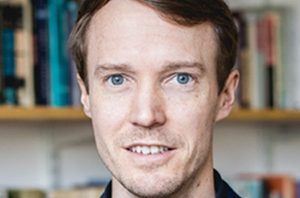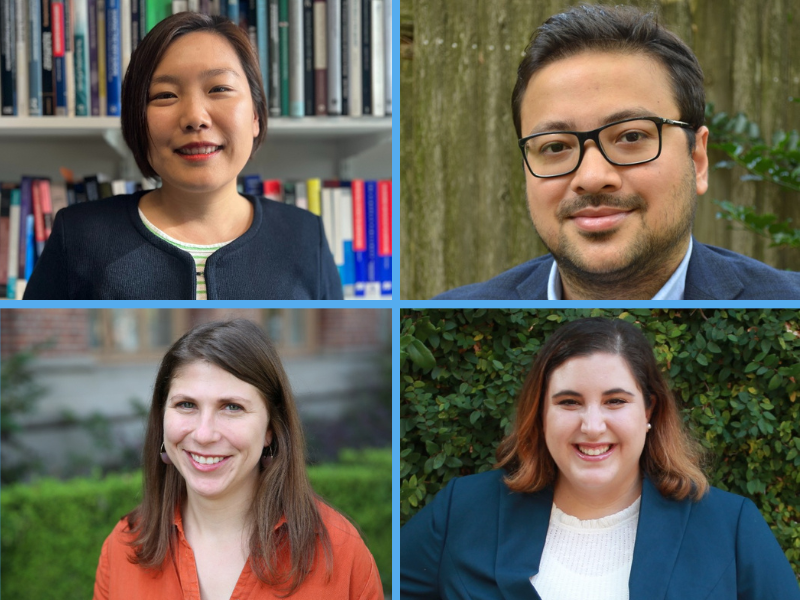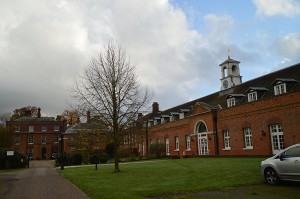
On the weekend of November 21/22, the IR Department once again went on its annual weekend retreat in the magnificent setting of Cumberland Lodge, set against the regal backdrop of Windsor Great Park. This year’s conference was devoted the topic of violence in the international affairs of the 21st century, examining the broad thematic question of ‘New Actors, New Weapons, New Norms?’ A good 80 students, faculty and staff departed LSE by coach on Friday afternoon.
After a long journey, a hearty dinner fortified weary minds prior to the evening’s seminar, which concerned the weaponisation of the human body in war. Cambridge University’s Dr Lauren Wilcox presented a paper on female suicide bombers, arguing that the deliberate destruction of their bodies into ‘heaps of meat’ seeks to quite literally explode the myths of secure, bounded bodies and states. The human corpus, in this interpretation, becomes a tool, a means to expose the precariousness and fragility of order and sovereignty. Following a heavy theoretical discussion, a result of the fact that the paper was presented through the somewhat dense prism of gender discourse analysis, the conference party retreated to the bar for well-deserved libations.
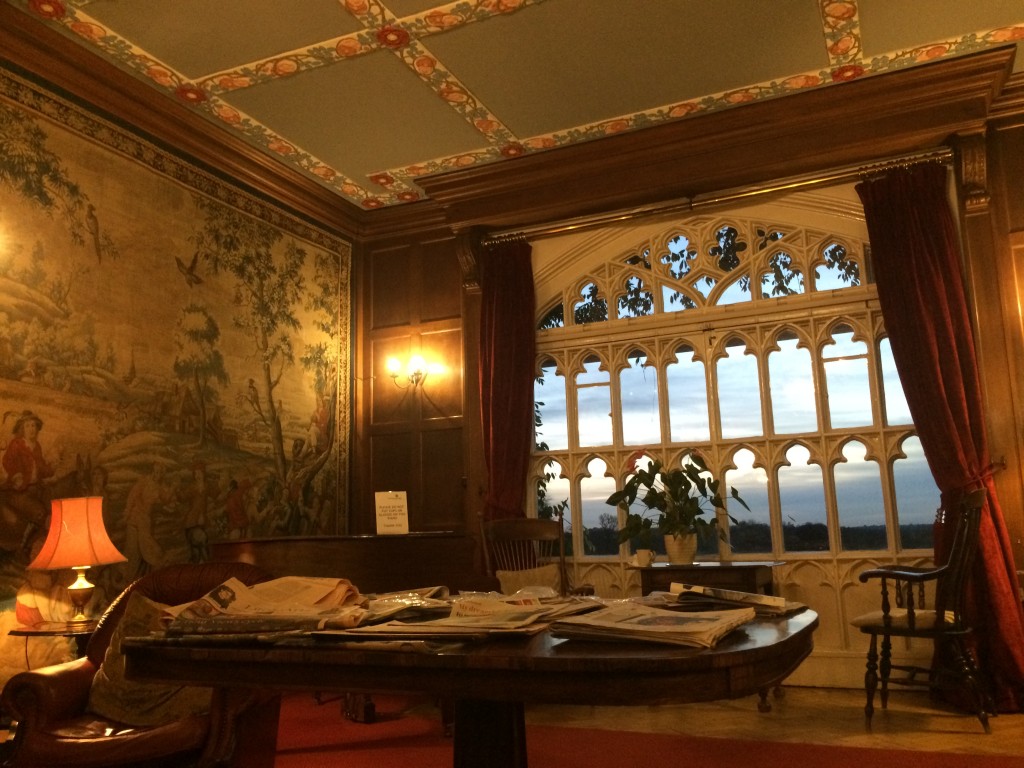
Saturday was a glorious day of sunshine. The morning session discussed a paper by Dr Annette Idler of the University of Oxford on complex cooperation patterns among violent non-state actors involved in civil conflict. Dr Idler’s analysis was thorough, systematic and compelling; it is little surprise that her paper won the 2015 Cedric Smith prize in Conflict and Peace Studies. Her typology of different arrangements of convenience among rebels, paramilitary groups and criminals is based on the study of security dynamics in Colombia, and offers ways to better understand fragile alliance formations in war-torn regions like Syria, Afghanistan or the Congo. The lunchtime session examined Dr Samir Puri’s paper on the fallacy of pacification efforts in generational conflicts involving armed force. It raised profound questions concerning our still rather nebulous understanding of how peace can be achieved in long-standing violent conflicts.
After a tasty lunch the conference broke for the early afternoon, giving participants the chance to enjoy the gorgeous countryside in all its stunning, sunny, windy glory. The late afternoon session was treated to Dr Janina Dill (LSE’s own) and her fascinating research on whether International Law makes sense to victims of war. Dr Dill spoke to relatives of civilian casualties and survivors from ‘collateral damage’ incidents in Afghanistan. She presented interviewees with moral-legal language that assigns the blame for such incidents either to the Taleban (for provoking civilian deaths) or NATO (for carelessness), and found that responses are nuanced, depending on the circumstances of each incident rather than simple tribal loyalties. Different cultures seem to share a common if rudimentary code of guilt and victimhood in war.
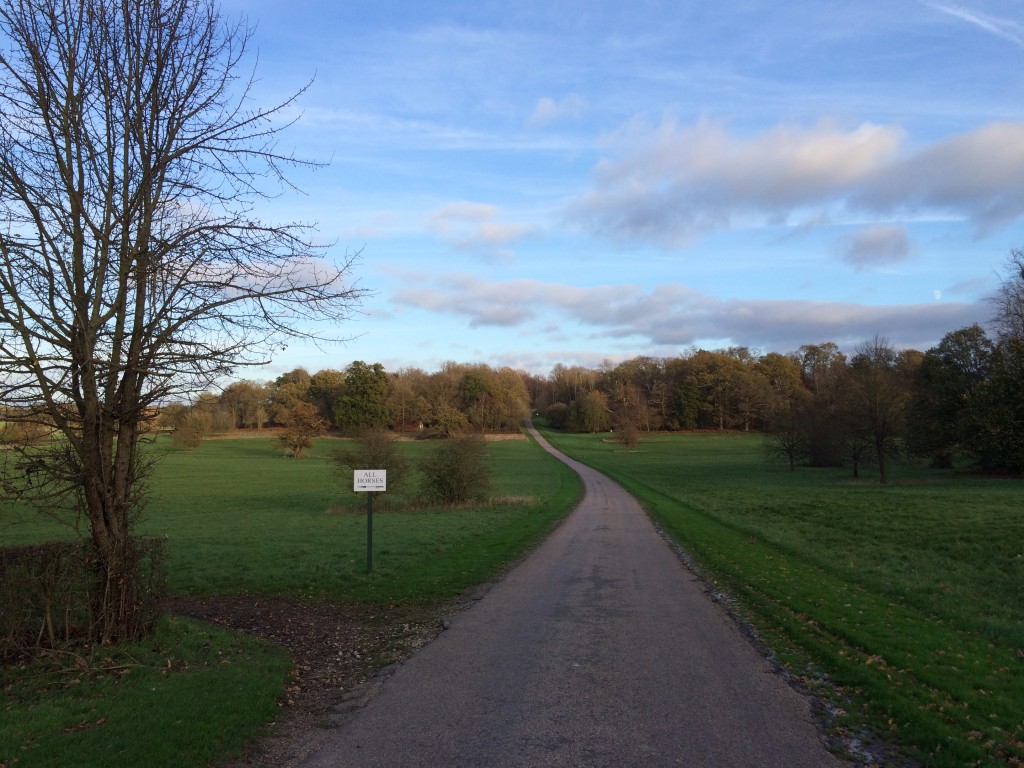
The after-dinner speaker was Dr Michael Sulmeyer from Harvard, who discussed ‘War and non-War in Cyberspace’, making a compelling case that alarmism about a dark future of perpetual cyber-war is unwarranted. The key to a secure cyber-future is security by design, i.e., an axiomatic adherence in our digital industries to the highest possible security design standards, making life for intruders as difficult as possible, especially in the age of the Internet of Things. After a day of intense and stimulating academic discussion, the conference party retreated to the bar and basement, indulging in a lively session of drinking and dancing till the wee hours.
On Sunday morning, attendees of the Matin service at the Royal Chapel in Windsor Park were, as has happened in the past, delighted to find HM the Queen in attendance. It provided a memorable touch to a splendid weekend retreat of debate and socialising. The final session was a roundtable discussion on the changing character and definitions of war, bringing together the best of the insights from the Dr Sulmeyer, Dr Dill, Dr Puri as well as LSE’s Dr James Strong. The conclusions of this Cumberland Lodge conference are, first, that war is an evolving, changing, adapting and ‘living’ concept; second, that there is simultaneously has a timelessness quality to armed conflict: war remains a function of domestic politics as well as the behaviour of foreign adversaries, as has been the case since time immemorial.
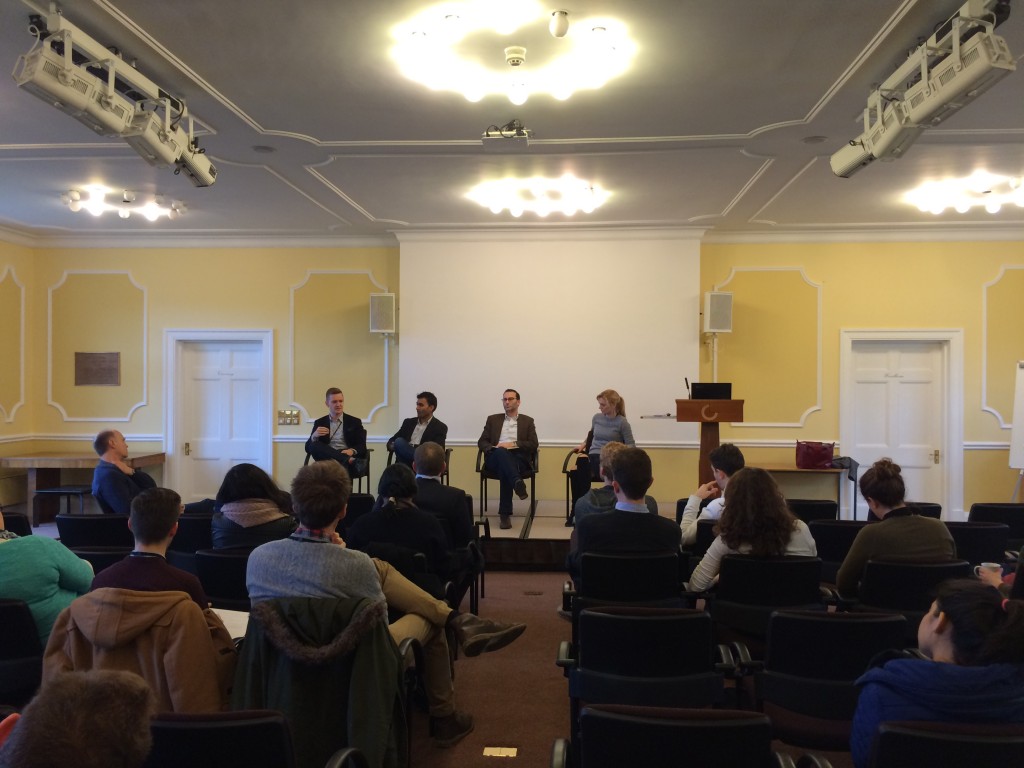
Report by Benjamin Mueller
PhD International Relations 2015


